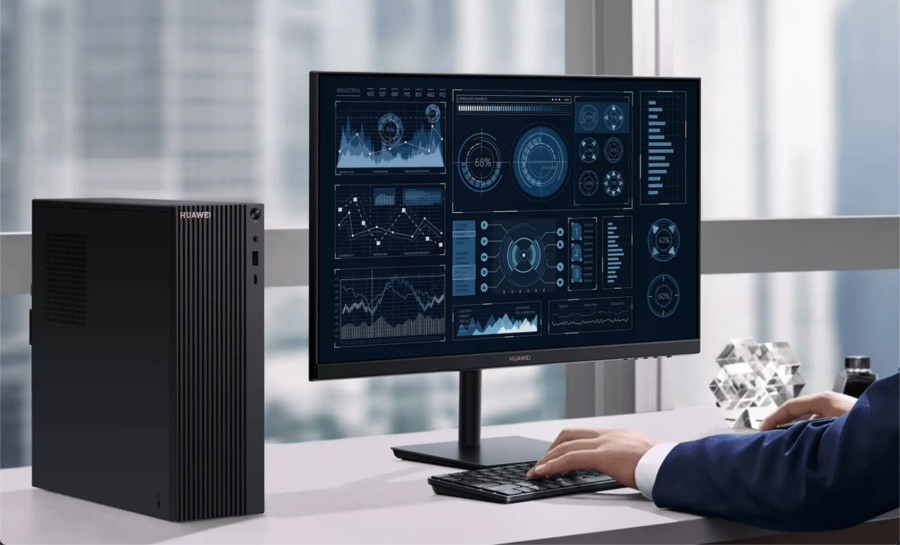Huawei launches first PC powered by in-house CPU; just don't expect Apple M1 performance
The Huawei MateStation B515 is a definite marker

Sign up for breaking news, reviews, opinion, top tech deals, and more.
You are now subscribed
Your newsletter sign-up was successful
Huawei is looking to make an impact in the business computer market with the launch of a new PC powered by its own in-house CPU. The Huawei MateStation B515 runs on the internally-developed Kunpeng 920 processor and comes bundled with a 23.8-inch monitor.
The move to using an in-house CPU mirrors Apple’s decision to use its own silicon. The US firm’s own M1 chip has been posting some seriously impressive stats of late, but don’t expect Huawei’s new release to deliver similar performance levels. According to reports, the Kunpeng 920 comes in 4-core and 8-core configurations with a clock speed of 2.6GHz.
The MateStation B515 also sports 8GB memory, which can be upgraded to 16GB DDR4 3200 memory, NVMe solid-state drives and a 1TB mechanical hard drive. It is also equipped with a USB Type-C fast charging interface, dual wireless Wi-Fi and Bluetooth 5.0 support.
- The best business monitors available today
- Our list of the best business keyboards
- Also, check out our roundup of the best workstations for professionals
Huawei means business
The MateStation B515 is currently only available in China and Huawei may decide that it isn’t worthwhile trying to compete internationally with this device. Instead, it could decide to go up against workstations from the likes of Lenovo, HP and Dell in an effort to become the desktop PC of choice for Chinese offices.
In terms of other features, Huawei’s new PC comes with the company’s in-house smart keyboard, complete with power key fingerprint recognition and smartphone NFC connectivity. The desktop also comes with Windows 10 pre-installed and a built-in Huawei cloud space to share files with other devices.
Although the Huawei MateStation B515 may not boast the power and speed of the new Apple M1 chip, its use of mainly standard components means that it is likely to be more flexible than upcoming M1 Macs and that flexibility is highly valued in the enterprise PC market.
- Also, see our list of the best business laptops
Sign up to the TechRadar Pro newsletter to get all the top news, opinion, features and guidance your business needs to succeed!
Barclay has been writing about technology for a decade, starting out as a freelancer with ITProPortal covering everything from London’s start-up scene to comparisons of the best cloud storage services. After that, he spent some time as the managing editor of an online outlet focusing on cloud computing, furthering his interest in virtualization, Big Data, and the Internet of Things.
